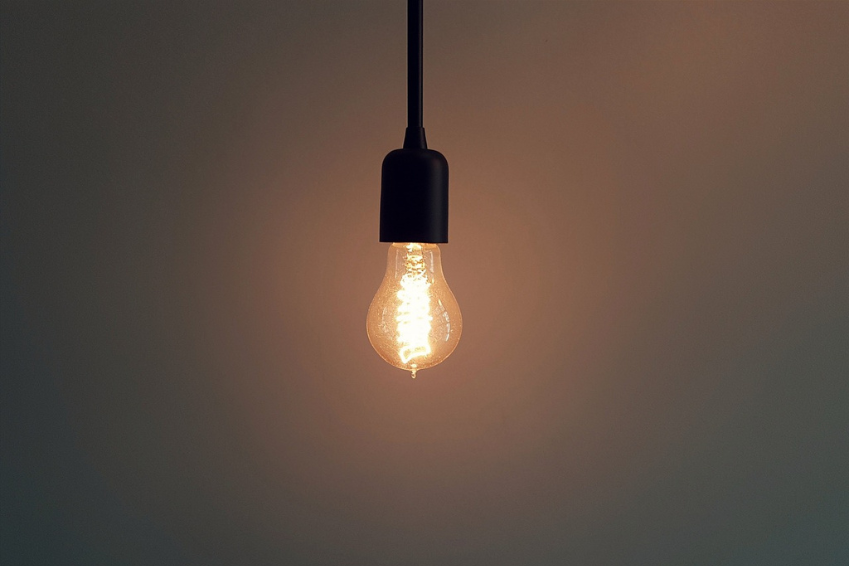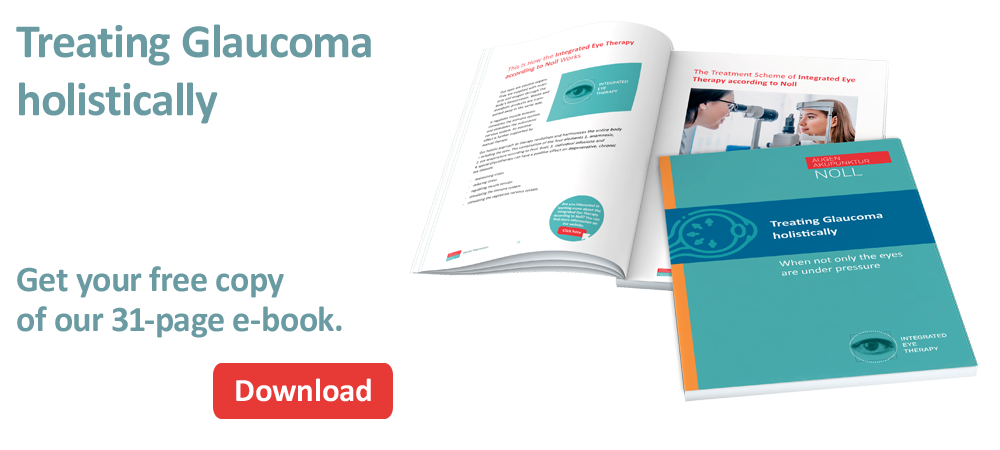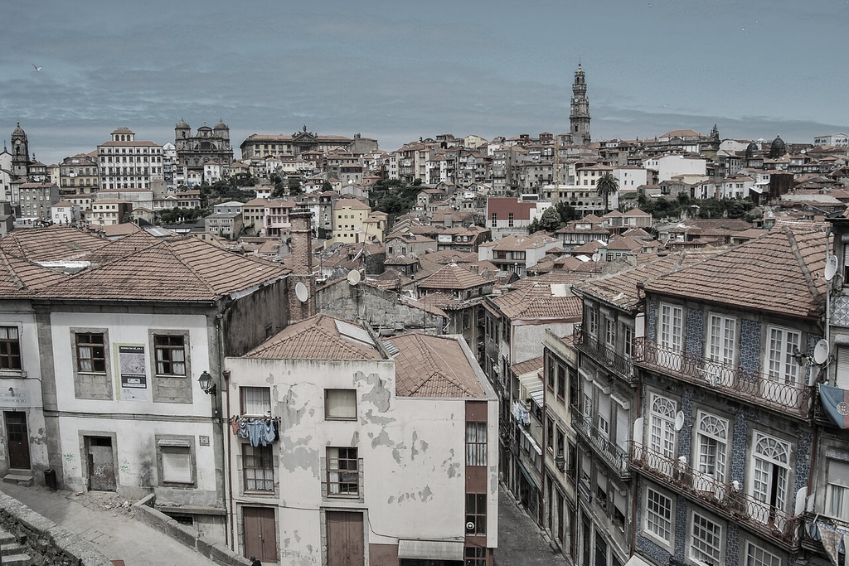Impaired vision and reduced contrast vision in low light conditions is a common symptom of Glaucoma

Impaired vision and reduced contrast vision in low light conditions is a symptom of Glaucoma
A characteristic symptom of glaucoma is impaired vision and reduced contrast vision, especially in low light conditions. This symptom can develop gradually and is often only noticed in advanced stages of the disease.
Potential risk for accidents or crashes
“Impaired vision and reduced contrast vision in low light” means that patients have difficulty seeing clear and distinct images when the ambient light is dim or unfavourable.
For example, at dusk or in dark rooms. Impaired vision in low light conditions can lead to a potential risk of accidents or falling, especially in situations where vision is already limited.
A damaged eye has difficulty distinguishing between light and dark areas
Contrast vision refers to the eye’s ability to perceive differences between levels of brightness. In a healthy visual system, the eye can easily distinguish between light and dark areas, allowing clear perception of contours and details.
In the case of glaucoma, this ability is impaired. This means that the affected person may have difficulty recognising objects in environments with different lighting conditions.
This can be particularly noticeable in poorly lit areas or backlit situations, as the difference between light and dark areas cannot be perceived as clearly.
 Do not confuse Glaucoma symptoms with normal signs of ageing
Do not confuse Glaucoma symptoms with normal signs of ageing
It is important to emphasise that the symptoms of glaucoma can vary and are not always easy to recognise as they develop gradually. People often tend to dismiss these signs as normal signs of ageing or confuse them with other vision problems.
Therefore, it is crucial to have regular eye examinations, especially if you are at increased risk of glaucoma, for example due to a family history or advanced age.
As with other Glaucoma symptoms, the same applies here: prevention is better than rehabilitation
If you notice symptoms such as impaired vision and reduced contrast vision in low light conditions, or if you have any concerns about your eye health, you should consult an ophthalmologist immediately for a full examination and diagnosis.

